What does Wes Anderson, 52, have in common with 30-year-old US rapper Tyler, The Creator? Or Justin Bieber with Samuel Beckett? All are wearers of Clarks Wallabees – a suede lace-up with a crepe sole and an instantly recognisable squared-off toe. Jony Ive, the 54-year-old former chief design officer of Apple, is a long-term devotee. The rapper Slick Rick, 56, got his first pair of black suedes in 1982: he has described them as an “extension of my persona”, which he says is “laidback, fly and original”.
Raheem Sterling, meanwhile, has been wearing Wallabees since he was seven: he sold slushies in the playground to pay for them. “My friends were wearing trainers, so I had to drop something cooler,” he says. The 26-year-old Manchester City and England midfielder even credits the style’s “unique” shape as enhancing his abilities. “I could get top kicking power and a crazy dip shot playing football in Wallabees at school,” he says.
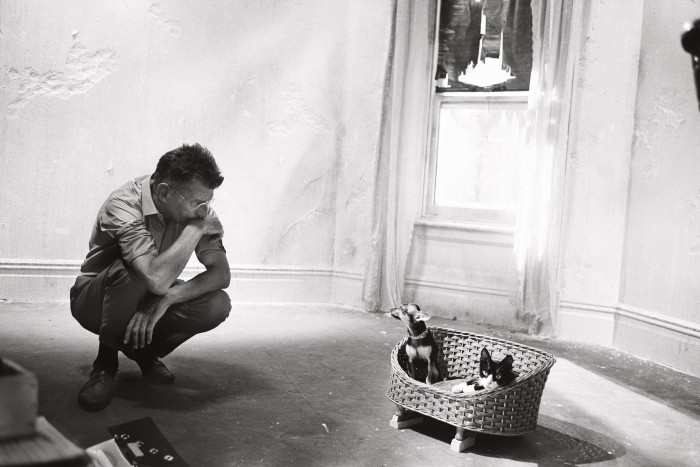
The history of the Wallabee is as storied as its fan base. Lance Clark discovered the Cornish-pasty-shaped silhouette in Germany in the 1960s. He sought and obtained the rights to its design, assigning the then-failing Padmore & Barnes factory in Ireland primary responsibility for production. By 1971, the factory was exporting £1.5m of stock a year, amounting to 12,000 pairs per week. (At one point, Clark ran into trouble with US customs when he listed Wallabees on an export docket. Customs, taking the paperwork literally, organised cages, anticipating a shipment of live animals.)
The name, meanwhile, was reportedly coined in a New York bar. “It was very much on the back of a cigarette packet rather than a board meeting,” says Tim Crumplin, who looks after the 25,000 shoes in the Clark family’s archive. “Someone shouted ‘kangaroo’, as the moccasin toe looks like its pouch for the baby.” And so was born the Wallabee.
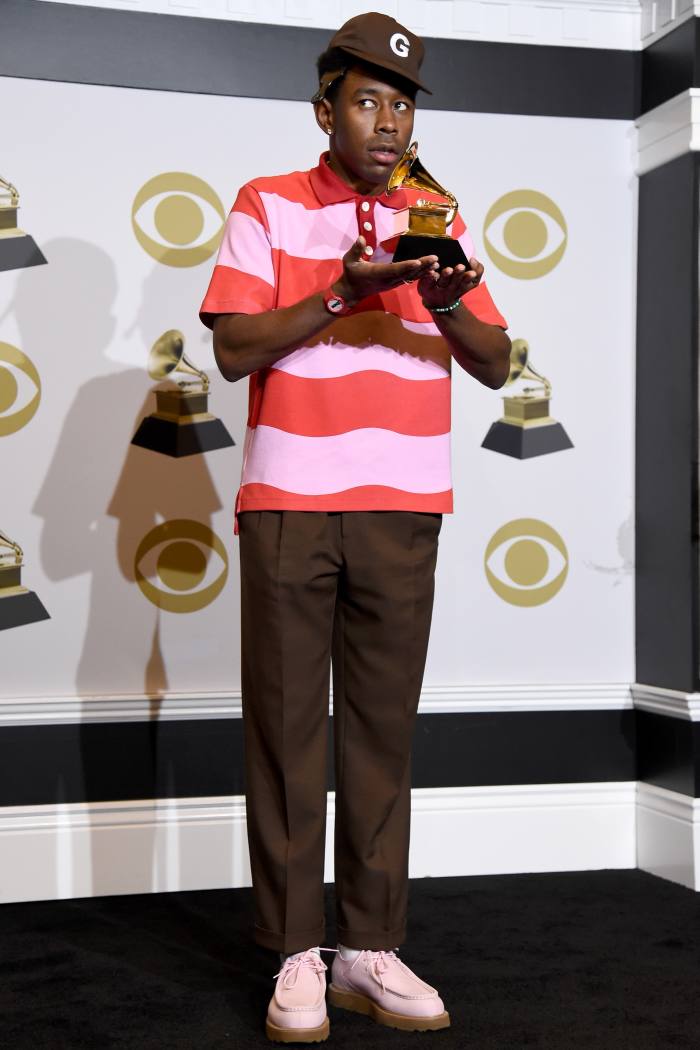
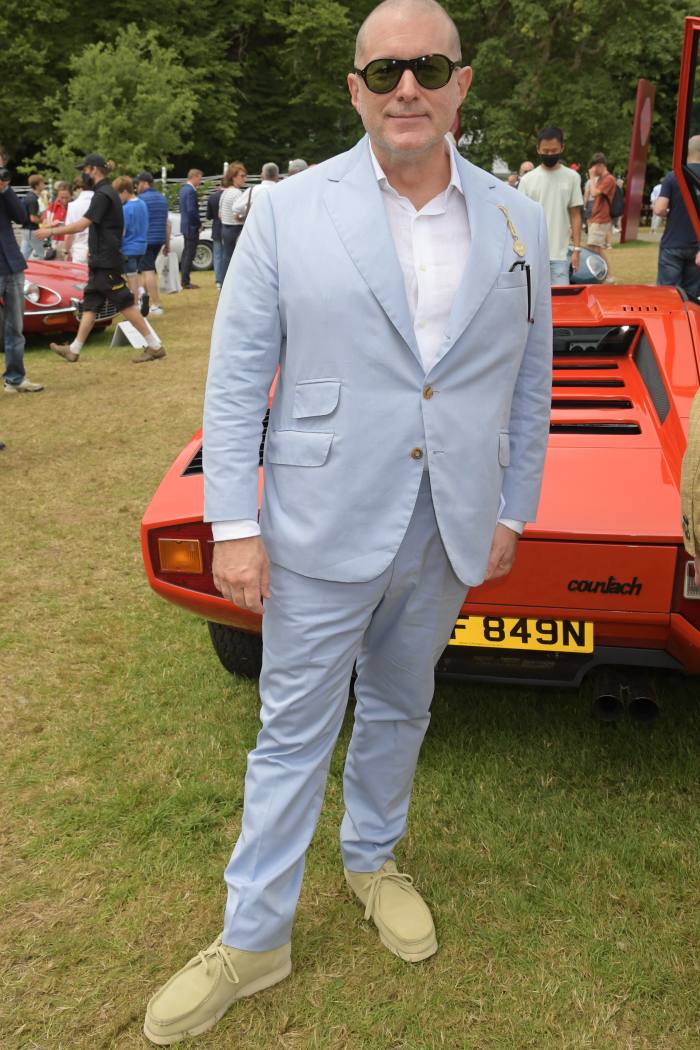
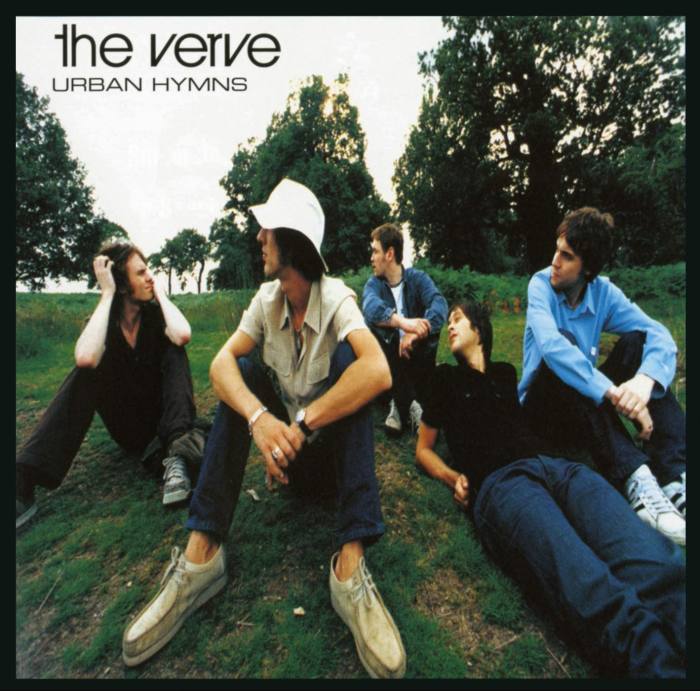
In 2020, this curiously shaped shoe became Clarks Originals’ bestselling style. James Frapwell, global head of marketing at Clarks Originals, notes that it has endured in popularity because it’s always been a “shoe for people who didn’t want to wear shoes”. Its success has also been helped by a long line of celebrity endorsements. The Wu-Tang Clan spawned a generation of Wallabee wearers Stateside, and in the UK they were the footwear of choice for followers of the mod, acid house and Britpop scenes. But few places have embraced the shoe quite as passionately as Jamaica. In 2010, Jamaican dancehall act Vybz Kartel released a song, “Clarks”, as an homage – in the music video, someone cleans a pair with a toothbrush. “No other brand comes close to Clarks in Jamaica,” says Raheem Sterling, who was born in Kingston. His mother takes suitcases full of Clarks back to family when she visits.
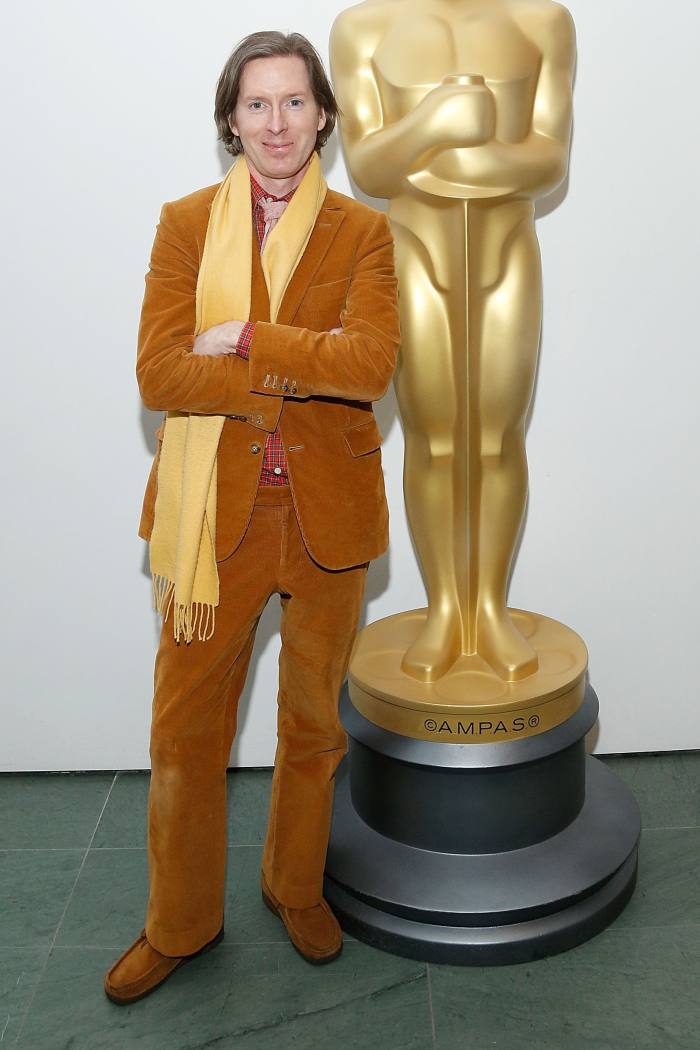
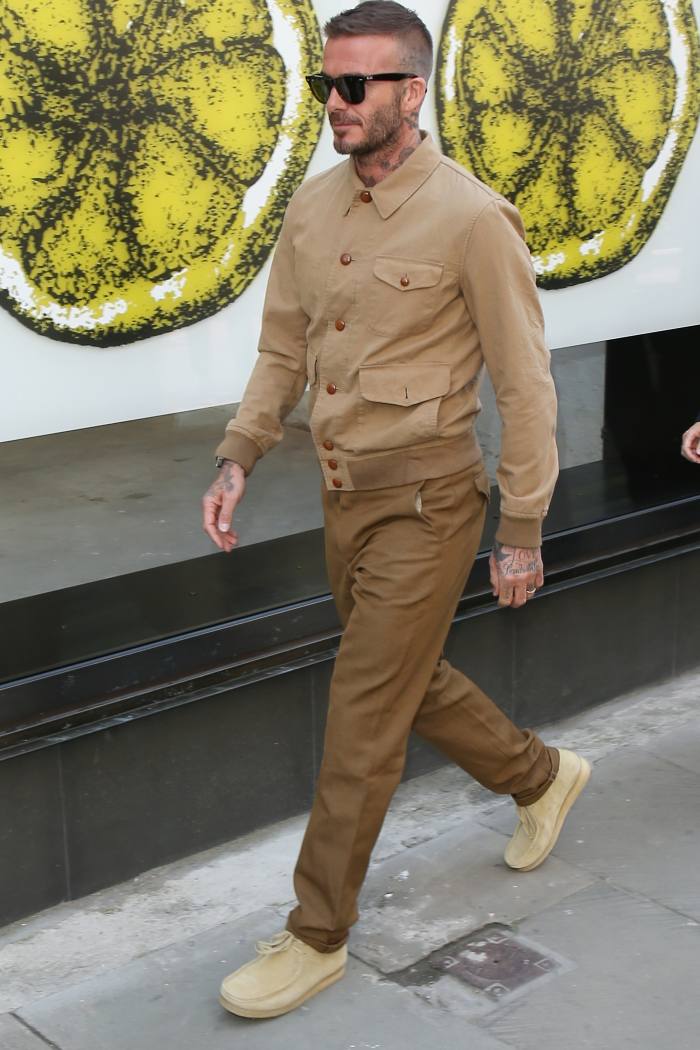
This latest resurgence is partly down to a slew of new collaborations: New York brand Aimé Leon Dore recently reinterpreted them in hues of tangerine and green. Supreme just dropped a baby-pink basketweave iteration. Both sold out.
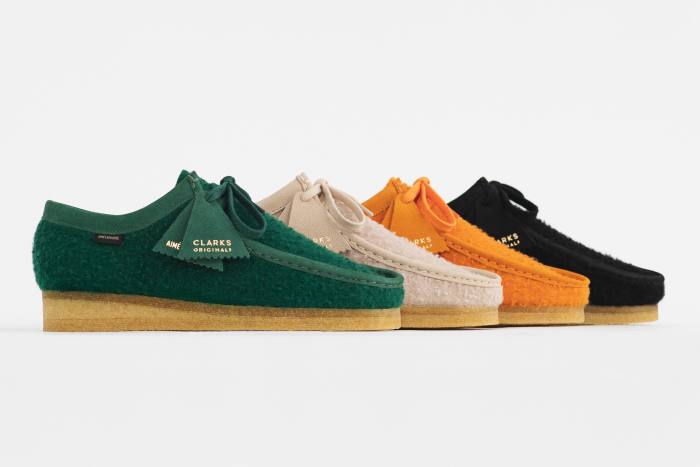
“They’re just a bit smarter than a sneaker,” says Steven Carter, a thirtysomething IT consultant from Newcastle, who owns three pairs. As dress codes have shifted and comfort has become king, the Wallabee has hopped to the front of wardrobes as easy hybrid footwear that looks slick but feels like a slipper. Los Angeles-based artist Ben Crase recently picked up an olive suede pair from Goodhood; he describes them as “instantly comfortable but cool”. So cloud-like are they that he wears them in his studio.

Increasingly, the Wallabee is acceptable as formalwear as well. Jon Julio, a professional skater and founder of rollerblade brand Them Skates, wore a multicoloured version with a suit to a wedding. “They’re both casual and formal,” he says. Versatility is their selling point: retailers such as Mr Porter, Browns and Selfridges all picked up Clarks for the first time this year. Priced from £120, they’re an everyman product by luxury standards.

But perhaps it’s the lack of change that makes the Wallabee so alluring to younger shoppers. “For all intents and purposes, the shoe hasn’t changed,” says Crumplin. Each pair is still crafted on original lasts using suedes from the same Leeds-based tannery. “The most important thing is the toe shape.”
Recent Wallabees releases include a vegan-suede version and a hiker iteration equipped with a Vibram sole – ideal for the fashion-conscious city-dweller who still enjoys the countryside. And, as offices reopen, they’re a natural choice to ease the transition into business dress. Carter, the IT consultant, has worn his to chair meetings. “I don’t wear a tie any more and have replaced my blazers with a sweater, so the Wallabee is more appropriate.”
https://www.ft.com/content/4d85655c-9a55-4ed7-92ca-8d04e4fe7b66
 fashion rec fashion wanted
fashion rec fashion wanted



